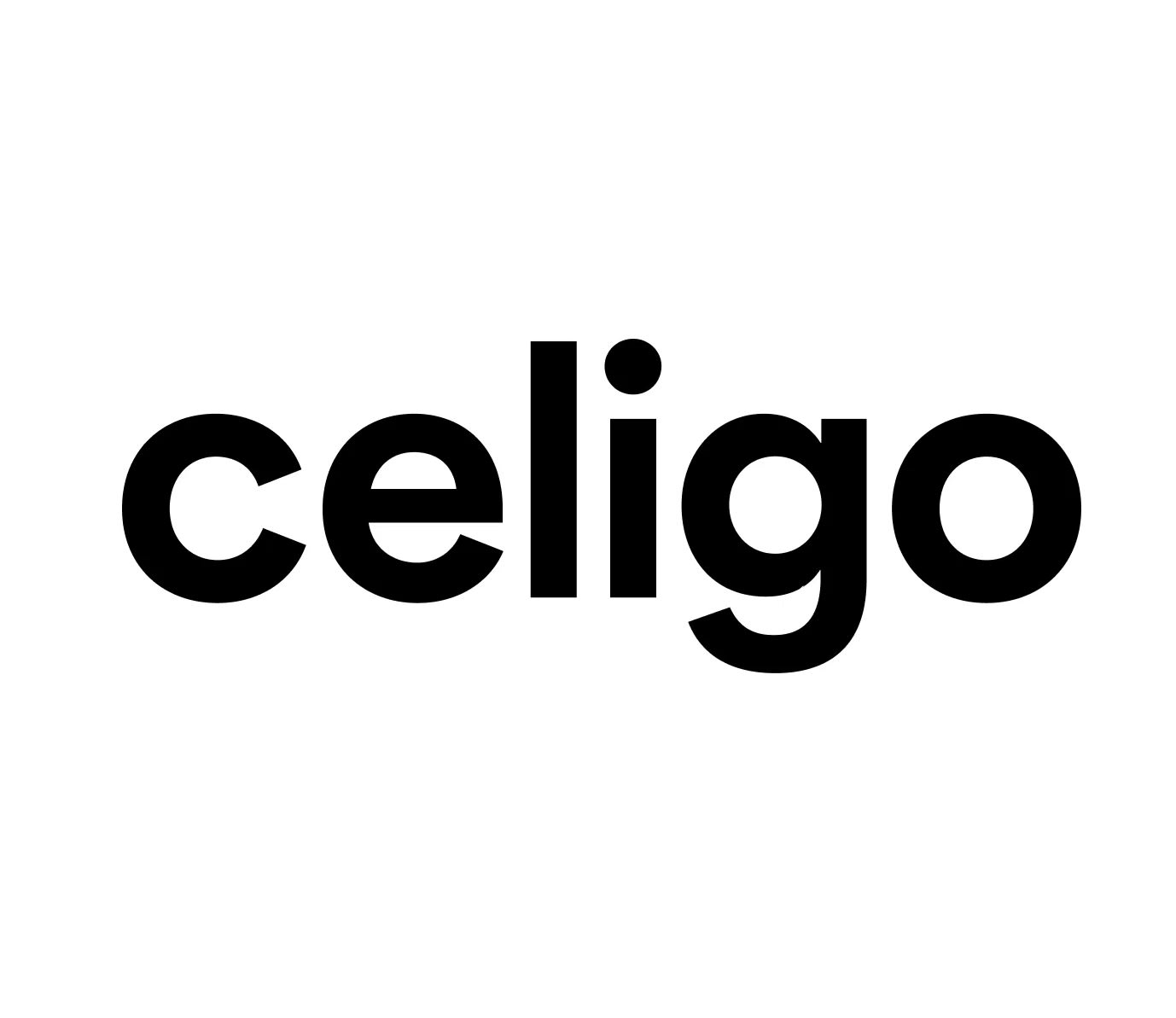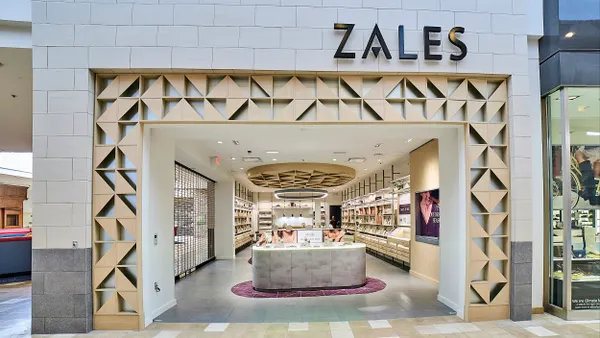Dive Brief:
-
Bulletin, a company offering rent space to startup retailers and e-commerce companies without the pressure of traditional leases, has raised $2.2 million in seed funding from Flybridge, Kleiner Perkins Caufield & Byers, Afore Capital, Tim Draper, Kevin Hale, Y Combinator and Liquid 2 Ventures, according to TechCrunch.
-
The company currently operates two flagship locations in New York City, and plans use some of the new funding to help it open five new locations in the next nine months, including three more in New York and two in Los Angeles.
-
One of the current Bulletin locations hosts Bulletin Broads, a Bulletin-owned business that sells products from female-run brands. Those brands, which rent space on a monthly basis, were able to get up and running quickly as a reaction to the current political climate, showing the potential for Bulletin's space to be used by trending and pop-up businesses, co-founder and COO Ali Kriegsman told TechCrunch.
Dive Insight:
Bulletin's model has been compared to that of companies that operate co-working spaces, but in retail, the implications for this sort of model are much bigger and broader than that.
Amid rapidly changing consumer behavior, traditional brick-and-mortar stores are facing tremendous pressure — and pure-play e-commerce has had its shortcomings, too. Alibaba Group Holdings CEO Daniel Zhang said as much last year, when he referred to the "tremendous challenges" facing pure-play e-commerce companies like his own, and talked loosely of Alibaba's hope to integrate physical stores into its empire.
We're now starting to see traditional e-commerce players more often explore the brick-and-mortar model, including Amazon, Bonobos, Warby Parker and others. These players see physical stores as a new channel for capturing more revenue, generating more customer traffic and creating a venue to strengthen relationships with customers.
These statements may seem to be dripping with irony, considering how many brick-and-mortar retailers are announcing major store closures — in and out of bankruptcy — but the e-commerce crowd is after everything that's good about the older model. And physical retail, whether that's stand alone stores, showrooms or pop-up shops, is a necessity for growth. The ability to see, touch and feel products as well as take items home immediately ranked highest among the reasons consumers choose to shop in stores versus online, according to the first installment of the Retail Dive Consumer Survey.
E-commerce players moving into brick-and-mortar are also careful to avoid the potential trappings of the model, including costly real estate or rent investments, seasonal marketing and inventory ruts, boring store designs and un-engaging staff attitudes.
That's where Bulletin, and other similar companies, comes in. With a bit of guidance, new retail business avoid the high costs of getting a space in which to sell their wares. It's not an approach that will catch the attention of the the e-commerce giants exploring the brick-and-mortar model, but could be a realistic, potentially business-saving option for many small-scale retail entrepreneurs looking to obtain a space quickly, and at low cost. The time and money the save could prove significant in helping their retail operations evolve to the next stage.













